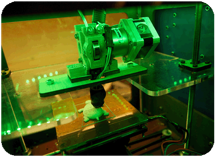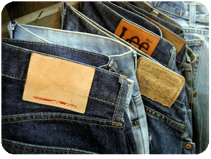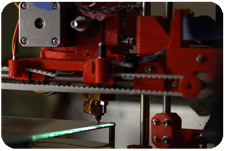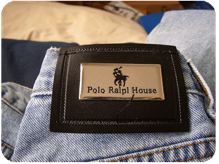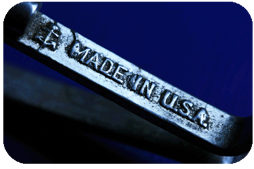Although vinyl records sales are higher than they have been in decades, companies are having trouble meeting demand due to their reliance on old, antiquated machinery.
Questions:
- Will demand for vinyl records drop if companies fail to maintain a steady supply?
- With music and movie streaming sites now commonplace, do vinyl records and other forms of physical media have a long term future?
From The New York Times

